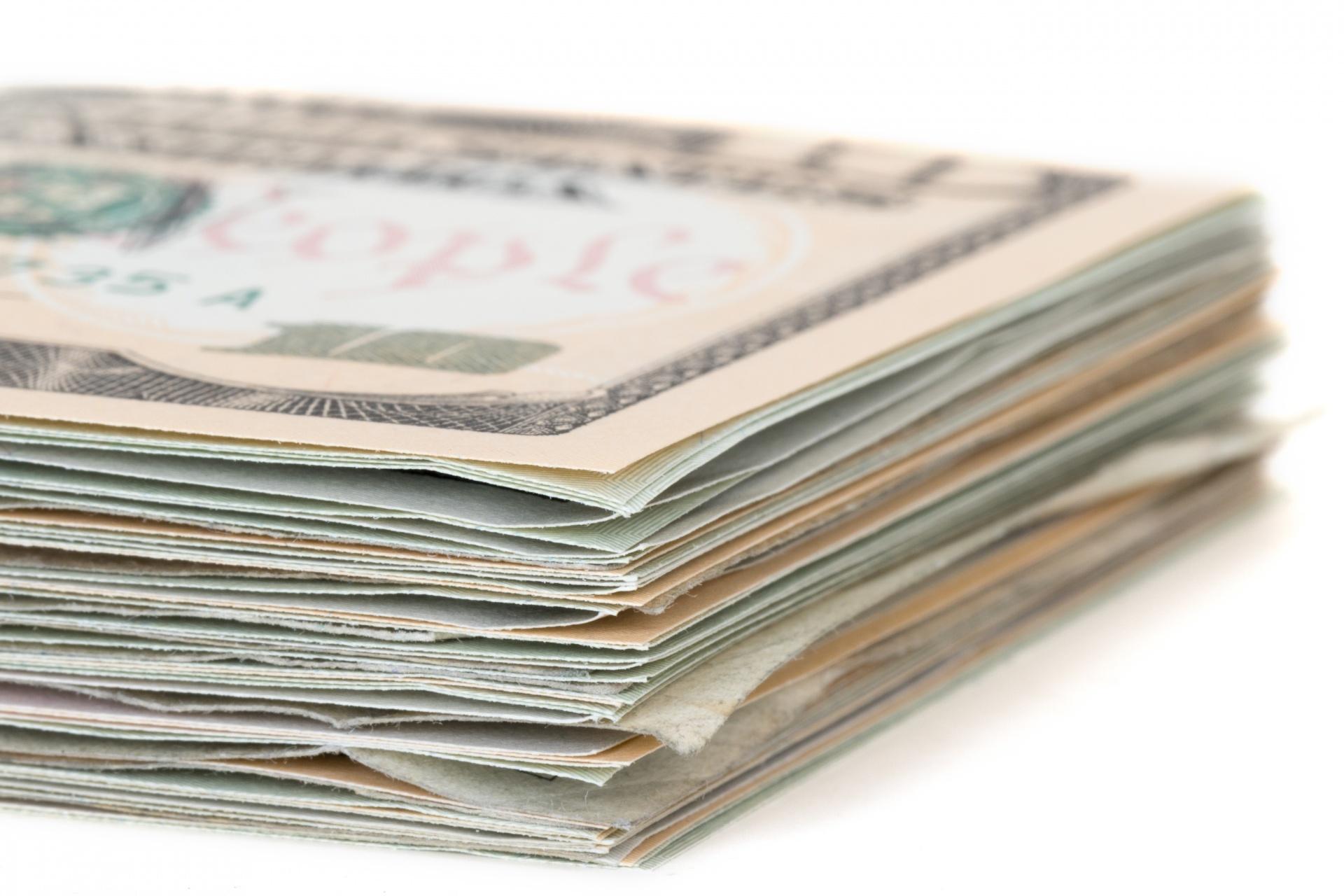A lot has been written about the relief checks that are coming to most Americans beginning this month, but we don't want you to have to search around multiple places to find answers to common (or not-so-common) questions about this part of the CARES Act. If I have missed something important or a question you have not yet seen answered, email me at cares@wlvt.org.
Start with the source: the IRS has a Frequently Asked Questions page that addresses many common questions. Below are further tools, details, and articles about specific issues.
Am I Eligible? How Much Should I Expect?
Here are three calculator tools you can use to determine whether you'll be receiving a check, and about how much is likely to be in it, depending on your situation. Each of these articles also has further information on the relief checks.
Who Is Receiving A Check? Who Isn't?
The Washington Post reports that about 125,000,000 people will receive money from the federal government. On the face of it, those who make above a certain threshhold are excluded from receiving these checks. But there are others who will also not see this financial relief come in, either from systematic problems, or from the way the law is written. Here are a few links discussing who is in, and who is out:
- Kiplinger has this opinion piece on how an income increase in 2019 results in disqualification for the stimulus
- Many college students, immigrants without Social Security Numbers (SSN), and some disabled adults will not receive relief checks, reports NBC News. They include additional groups of people whose situations mean they won't have checks coming.
- 'College Students Excluded from Coronavirus Stimulus Checks' from The Philadelphia Inquirer covers this issue.
- Lehigh Valley Live reports that those with undocumented immigrant family members likely won't receive checks, particularly if they us an Individual Taxpayer Identification Number in their work rather than a SSN.
- Expatriots will also face additional challenges in receiving their relief checks, says Bloomberg.
- SmartAsset has great visuals on the eligibility and amount threshholds, as well as recommendations for using the funds if they aren't directly going to pay bills. (see image)
When and How Will Relief Checks Arrive?
The short answer is: it depends! You may receive funds as early as April 9, or it may take up to 8 weeks (calculation based on rollout of 2008 stimulus funds). According to the IRS, up to 70 million people may receive checks by April 15 - but what about the hundreds of millions more Americans still waiting? Read on for more:
- Business Insider walks through expected dates and methods for receiving your check, as well as a warning on potential scams.
- Time Magazine - this article covers overall timing, and complications around the process for receiving checks.
- NJ.com has the breakdown on whether you can track your check, the planned IRS tool to allow Americans to furnish bank or other information, and other details.
- Forbes' 'All You Wanted to Know About Those Stimulus Checks But Were Afraid to Ask' is a great resource and breakdown on how the calculations work, and different methods for money arrival.
Will it be Enough? And Other Things to Know
- From Bankrate: The short answer for over a third of Americans receiving money is - no.
- How was the $1,200 amount calculated? It's based on the federal minimum wage of $7.25/hour, says The Hill - a number that has not changed since 2009.
- From McNees PA Tax Blog: The checks are not taxable income - they are considered a rebate and you won't be taxed on them federally or in Pennsylvania.
- Newsweek has a great round-up of options to shore up your financial situation before relief money comes - especially if you're looking at a several-week delay.




